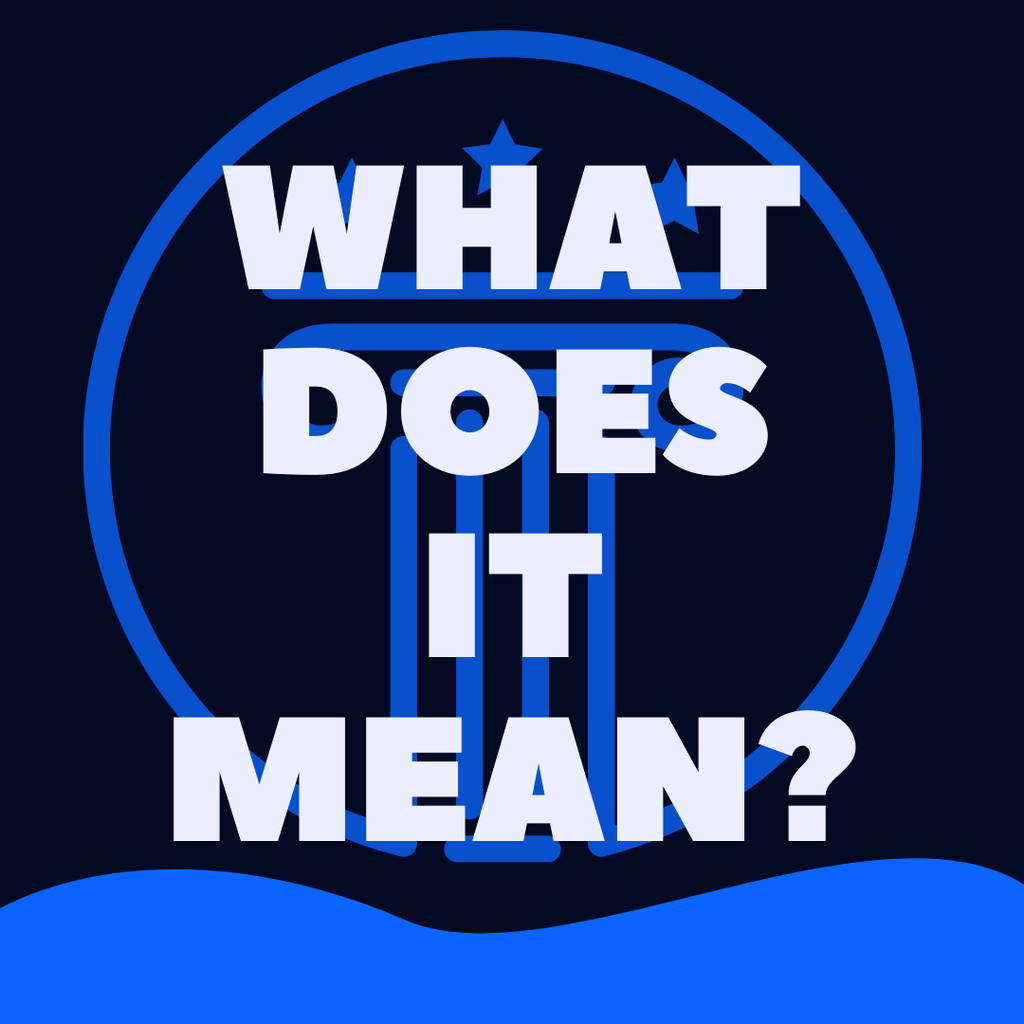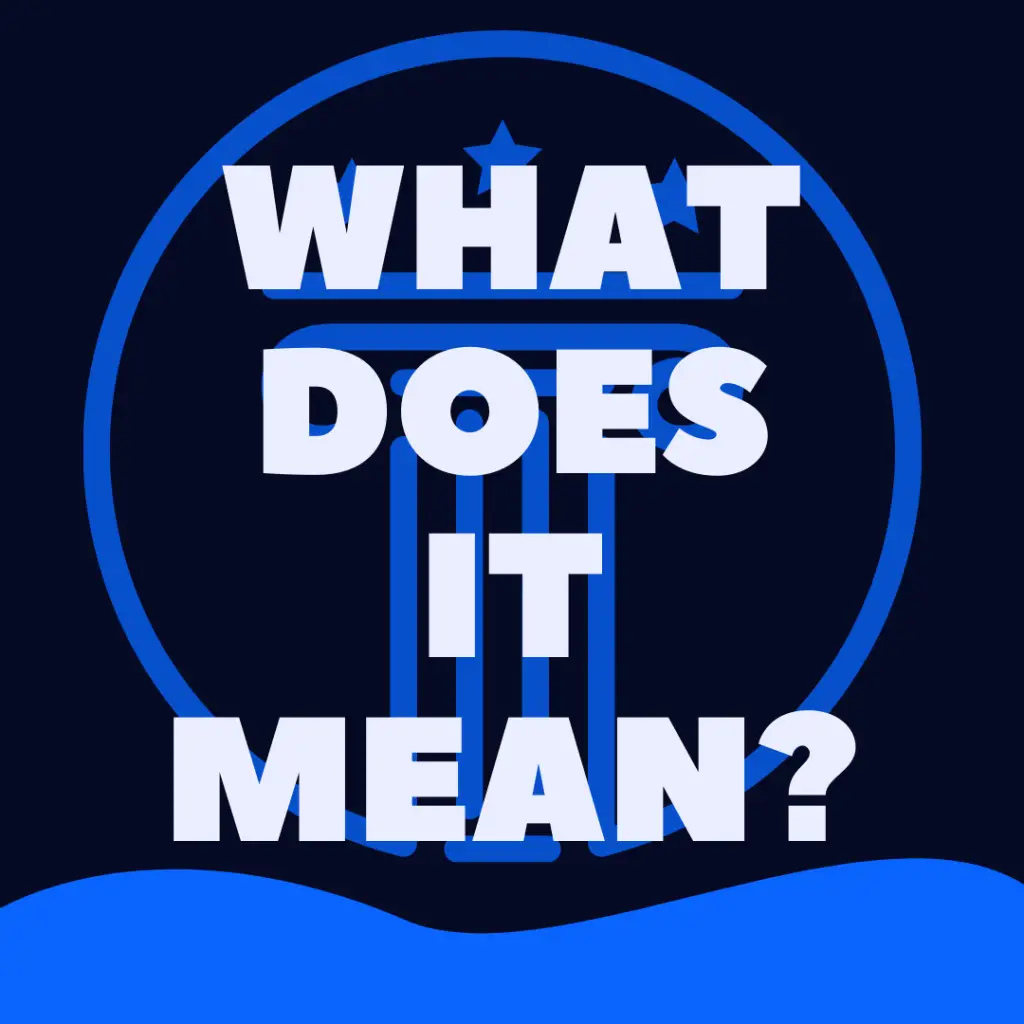

The statement that a Charge Was Amended means that the initial pleadings or claims against the defendant have been changed.
In the article that follows, we’ll explain more to help you understand what you should do if you notice that your charges were amended.
The contents of this web page are for informational purposes only, and nothing you read is intended to be legal advice. Please review our disclaimer about law/legal-related information on this website before taking action based upon anything you read or see.
There are procedures in both civil and criminal case to make changes to the pleadings in the case.
While the names of these documents differ depending on where you are, an “amendment” to the pleading document means a “change.”
In general, once a case has been started, the parties cannot just simply show up one day with a change to the primary pleadings documents.
In a criminal case, the pleadings or charges might be called an “Information” or an “Indictment.”
Usually, once the case has begun, the prosecutor will have to ask the court’s permission to file an amended Information.
If the prosecutor needs to make changes to the Indictment, he’ll probably have to take the case back to Grand Jury to get the changes made he needs.
Regardless, it is not uncommon to see pleadings revised in criminal cases.
The amendment could be as simple as correcting a spelling error.
It could be as complex as adding an alternative element to the original charge (like the crime was committed under the influence of one substance versus another).
Or it could even incorporate any entirely new charge (like adding an additional charge of assault to a case about a bar fight.
In general, it means that the prosecutor is working hard to tighten up his or her case as it progresses towards resolution or trial.
The “Amended” document will generally replace (in its entirety) the previous version of it, and all of the parties would now stop referring to the previous version.
If the charging instrument was amended again in the future, the document would receive a new name to keep it separate from previous versions, such as the “First Amended Information” and the “Second Amended Information.”
First and foremost, the defendant would take a copy of the amended pleading talk to his attorney about the changes.
Most likely, the defense attorney already knows about the changes and why they were made (and how).
The defense attorney is the best person to advise the defendant about what the amendments means.
But next, the defendant should understand what was changed, specifically, and develop an understanding as to why.
Prosecutors have to prove certain facts beyond a reasonable doubt.
Those facts include details like the date of the offense, the location of the offense (for venue), the identity of the defendant, as well as the acts alleged.
If the charging instrument states any of these details incorrectly, it could cause the state to lose it’s case.
Once the defendant understands what is different, he can develop an understanding as to why.
This is a tactical question that requires us to provide legal advice.
Which we can’t give you, since we aren’t your lawyer.
But, here’s what we can say.
Prosecutors sometimes ask to be able to amend the complaint to bring additional charges.
This may or may not be appropriate, or make the defendant happy.
But there are some times when it makes sense to fight to the death over every single detail.
And some times when it just costs you a lot of money.
There are times when it is just easier all the way around to go with the flow, instead of demanding that the prosecutor file a brand new case against you.
(And if they are motivated against you because of whatever you did or didn’t do, they will if they can).
Our advice instead to to talk to your attorney about whether there are any legitimate reasons why the prosecutions request to amend should be resisted.
When changes to pleadings are made, they need to be provided (officially) to all the parties.
If you show up at court on the day of trial, and receive (for the first time) a copy of an amended charging instrument, this could be the time for your lawyer to jump up and protest.
The parties are all entitled to an adequate opportunity to prepare their case for trial.
They can only do so when they have sufficient time to do so.
Dropping new charges on someone on the day of trial is generally not allowed, and a record should be made by all the parties involved about the timing and service of the legal documents to preserve the defendant’s right to appeal if the case moves forward over his objections.
Want to learn more about your criminal justice system?
Browse our free legal library guides for more information.

You might also like: